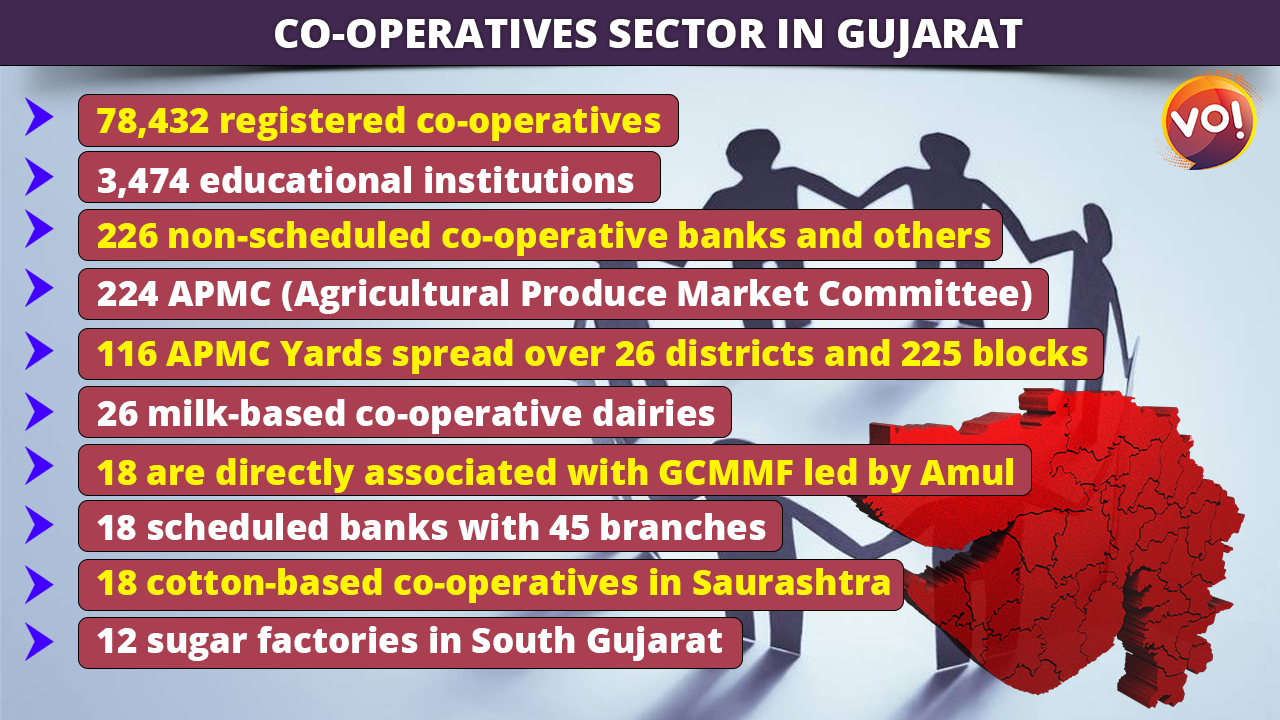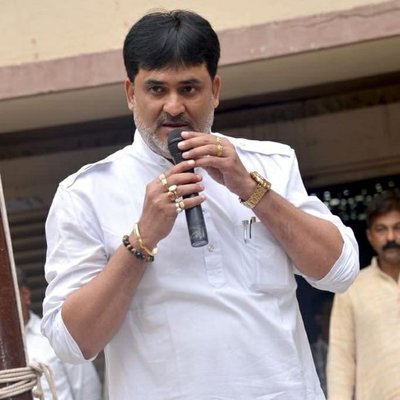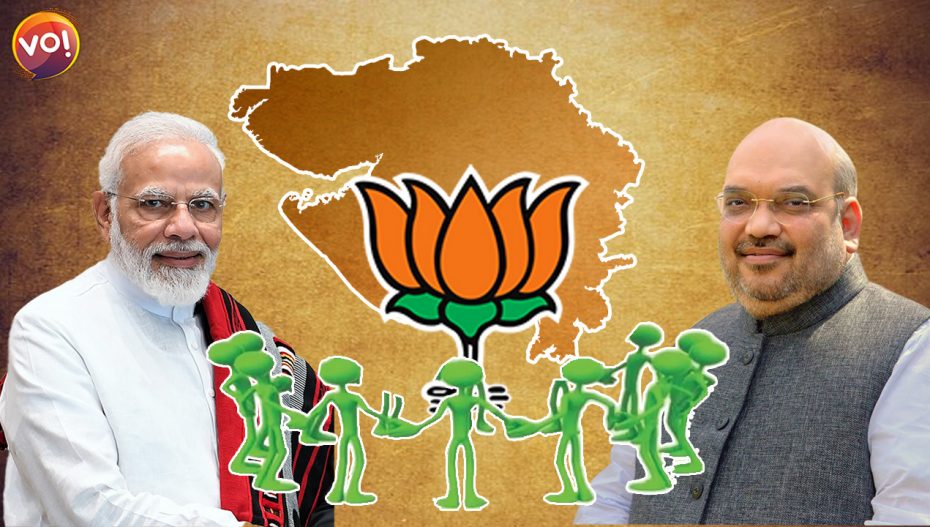Aiming at a huge victory during the upcoming assembly elections, the ruling BJP has chalked out a strategy to leverage its increasing control over the massive cooperatives sector in Gujarat that cuts through all castes and regions, as well as through the State Congress’ KHAM (Kshatriya, Harijans, Adivasis and Muslims) formula that it plans to strengthen again.
The opposition party realises that it must return to its winning KHAM formula and strengthen the rural areas that gave the Congress 149 out of 182 Gujarat Assembly seats — a record that the BJP plans to break in an atmosphere of restlessness among the KHAM components.
With as many as 78,000 cooperatives, the sector could be an effective tool to override all castes and regional contradictions because of its social and economic reach across all castes, communities and regions. The BJP plans to launch the big reach-out with a massive convention to be addressed by Prime Minister Narendra Modi and Union Home and Cooperation Minister Amit Shah on May 28.
The BJP most recently experimented with the electoral usage of the cooperative sector after CR Paatil became the State party president, during the 2020 by-elections to eight assembly seats when all the Congress defectors won on the Lotus symbol with much larger margins.
The cooperative banking sector, to which several BJP leaders had been attached since the 1990s, came in handy for the party during its first Gujarat victory in 1995.

Dr Aditya Contractor, Professor of Veer Narmad South Gujarat University and who closely watches the cooperative sector, gave the instance of Jitu Chaudhary, who had won on a Congress ticket with 137 votes from Kaprada constituency in Valsad district, and romped home with 47,000 votes as a BJP contestant. “This is why the BJP may try to replicate this in December Assembly polls,” Contractor adds.
It is also with this long-term strategy in mind that a special Union Ministry for Cooperation under the Narendra Modi-2 regime was created with Amit Shah, who himself built his political career in the cooperative banking sector, as its minister.
Explaining its political significance for the BJP especially in the coming elections, Contractor explains, “Currently, there is resentment among the tribals of South Gujarat regarding the Par-Tapi-Narmada River Link project. The government cancelled the project but still, there is resentment towards BJP. The only way to influence the opinion of this rural tribe is through the cooperatives.”
Cooperatives in Gujarat

After Maharashtra, Gujarat has the biggest cooperatives sector in the country. The sheer numbers are mind-boggling.
According to Reserve Bank of India data, there are 78,432 registered cooperatives, 18 scheduled banks with 45 branches, 226 non-scheduled cooperative banks and others. There are 224 APMC (Agricultural Produce Market Committee) Markets and 116 APMC Yards spread over 26 districts and 225 talukas (blocks).
There are 26 milk-based cooperative dairies out of which 18 are directly associated with Gujarat Cooperative Milk Marketing Federation led by Amul. The turnover of GCMMF alone is a mind-boggling Rs 53,000 crore (7.1 billion US dollars).
Apart from this, there are dairies at the district level like Banas and Sabar dairies in North Gujarat.
There are 3,474 educational institutions and 12 sugar factories in South Gujarat alone, each having an average of 20,000 members. There are more than 18 cotton-based cooperatives in Saurashtra.

“This is the reason every third politician in Gujarat represents the cooperatives sector,” says Darshan Nayak, General Secretary of Gujarat Khedut Samaj and Director of Sayan Sugar Cooperative in Surat district.
Political, economic and social significance of cooperatives
He says until Morarji Desai’s time, the Congress controlled most cooperatives, but they started slipping towards the Janata Dal and now the BJP is trying to tilt the scales in its favour.
“Cooperatives create employment and run a veritable economy. Earlier Congress won big-time in Surat, Valsad, Tapi, Dangs and Anand districts because of its stronghold on the cooperatives and now, BJP has the upper hand and also the seats,” Nayak concedes, though he is a State General Secretary of Gujarat Congress.
He also admitted that a huge farmers’ movement could not be built against the BJP because of its increasing hold on the cooperative sector. The Congress is yet to devise any strategy on the sector, says Mohan Patel, the party’s cooperative cell head.
Economist Prof KN Desai says the life of a common Gujarati farmer in Gujarat revolves more around cooperatives than the government, from his fertilisers, and seeds to taking loans and selling the crop, and children’s education–everything is taken care of by the cooperatives.
Cooperative institutions have their own buildings, they have their own economic structure and they have the trust of rural Gujarat–infrastructure and emotional quotient both work in favour of cooperatives.

State Convenor of BJP Cooperative Cell Bipin Patel believes that cooperatives are with the BJP. Not just this year, even last year on Prime Minister Narendra Modi’s birthday (Sept 17) the cooperatives celebrated by organising a mega tree plantation drive.
Also Read: New Delhi Lt Governor Saxena’s Gujarat Connection











